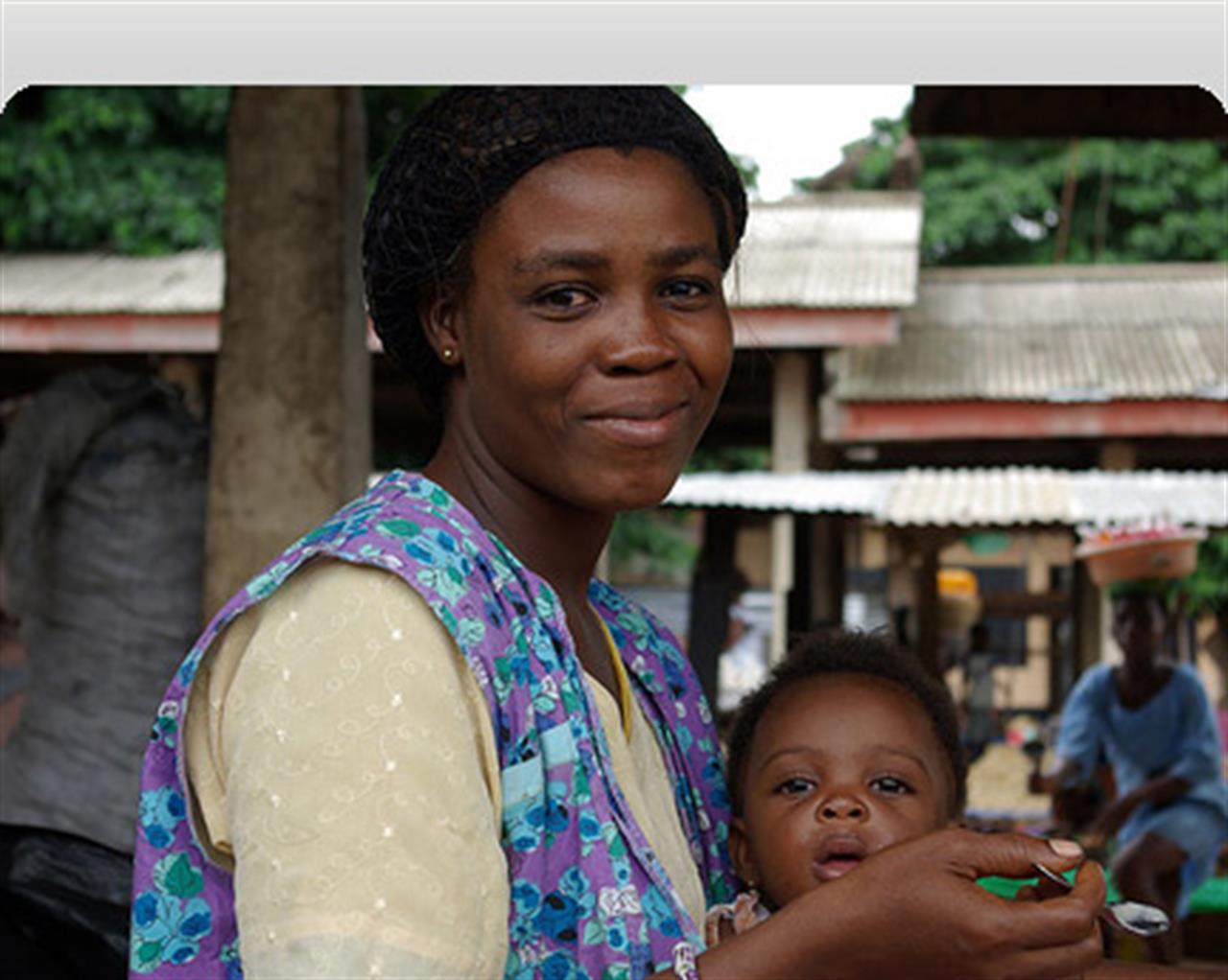Accra: Another aid is possible
Transparency, accountability and long term planning. These are the key features of the new development agenda decided upon at Accra by governments, civil society and other "unusual" development practicioners ...

The third High Level Forum on Aid Effectiveness in Accra, Ghana, ended on September 4. An international meeting promoted by the European Union to bring together the representatives of more than one hundred countries to take on the challenge of improving the quality of aid to development. Egizia Petroccione is spokesperson for Cini, an Italy based network of international organizations (including Amref, Wwf, Action Aid, Save the Children, Terre des Hommes and Vis) and attended the meeting in Ghana.
Is this forum a step forward for humanitarian aid quality?
The glass can be seen as being either half full or half empty. But at Cini we are positive about this Forum. Our impression is that there is true commitment to improving the quality of aid, a process that started in Rome in 2003 and that made important progress with the 2005 Paris Declaration. Many conventional and non conventional actors that deal with international development have been involved in the Forum. There were of course government delegations but also 80 civil society representatives from different countries and about 80 delegations from developing countries at the forum. This is the first time that this happens. Among the “non conventional” actors who for differing reasons have a role in development, there were trade unions, consortiums of fair trade co-operatives and private foundations.
Has Accra changed development?
Yes, even in the governmental sphere. An example of this is that China and Brazil attended the forum, becoming new protagonists of development.
Accra’s document will determine the guidelines that will lead international development in the next years. NGOs asked for a braver plan of action. Are you satisfied of the final result?
The “Accra Agenda for Action” contains signs of progress especially in terms of the transparency of aid. We are less satisfied with the provisions on the conditionality of aid and its predictability.
Let’s start with transparency…
In article 24 of the document, donor countries commit to providing prompt and detailed information on the allocation of humanitarian aid and on the results obtained by international development programmes. The governments in countries that benefit from aid commit to ensuring that their parliaments and civil society become more involved in the development process, for starters, by making accounts regarding development and received aid public and transparent. Prior to the start of the forum there was a parallel civil society conference that decided that an open civil society forum on aid effectiveness would be founded that will monitor, constantly and for a period of two years, the impact of development projects in recipient countries.
What do you mean by “conditionality of aid”?
Providing aid under specific economic and political conditions. Another problem is the so called “tied aid”, in other words: states giving humanitarian aid providing that the beneficiary country then by the donor state’s goods and services. More could have been done in this respect at Accra, but a conservative compromise had to be found, one that included USA and Japan’s more conservative positions.
Will public aid to development be “more predictable” as NGOs have asked?
There has been some progress in this. Governments, including Italy, have promised to provide information on their planned aid to partner countries three years in advance, so that the amount at disposal for development can be known ahead of time.
Will Accra’s commitments have some influence in Italy? Will they be incentives for the reform of international development?
We hope so. Italy attended at Accra with an ample delegation from the ministry of Foreign Affairs, including the undersecretary Vincenzo Scotti. Our country has made a series of commitments and we are waiting for substantial measures, especially in view of the next G8 that will be hosted at La Maddalena in Sardinia. Such as creating an evaluation mechanism for aid effectiveness. There are many actors dedicated to international development in Italy, besides the NGOs there are many charities as well as the non-centralized development work carried out by local authorities. But there is no structure that evaluates the impact of this aid. I’m not just referring to account rendering but to the quality of interventions as well.
Will this Forum on aid quality have an effective impact on NGO’s daily work in developing countries?
NGO’s are making an effort to go towards a quality development, demonstrated by the creation of the open forum of civil society on aid effectiveness that can, in my opinion, become an interesting workshop and contribute to circulating the contents discussed at Accra.
Si può usare la Carta docente per abbonarsi a VITA?
Certo che sì! Basta emettere un buono sulla piattaforma del ministero del valore dell’abbonamento che si intende acquistare (1 anno carta + digital a 80€ o 1 anno digital a 60€) e inviarci il codice del buono a abbonamenti@vita.it
